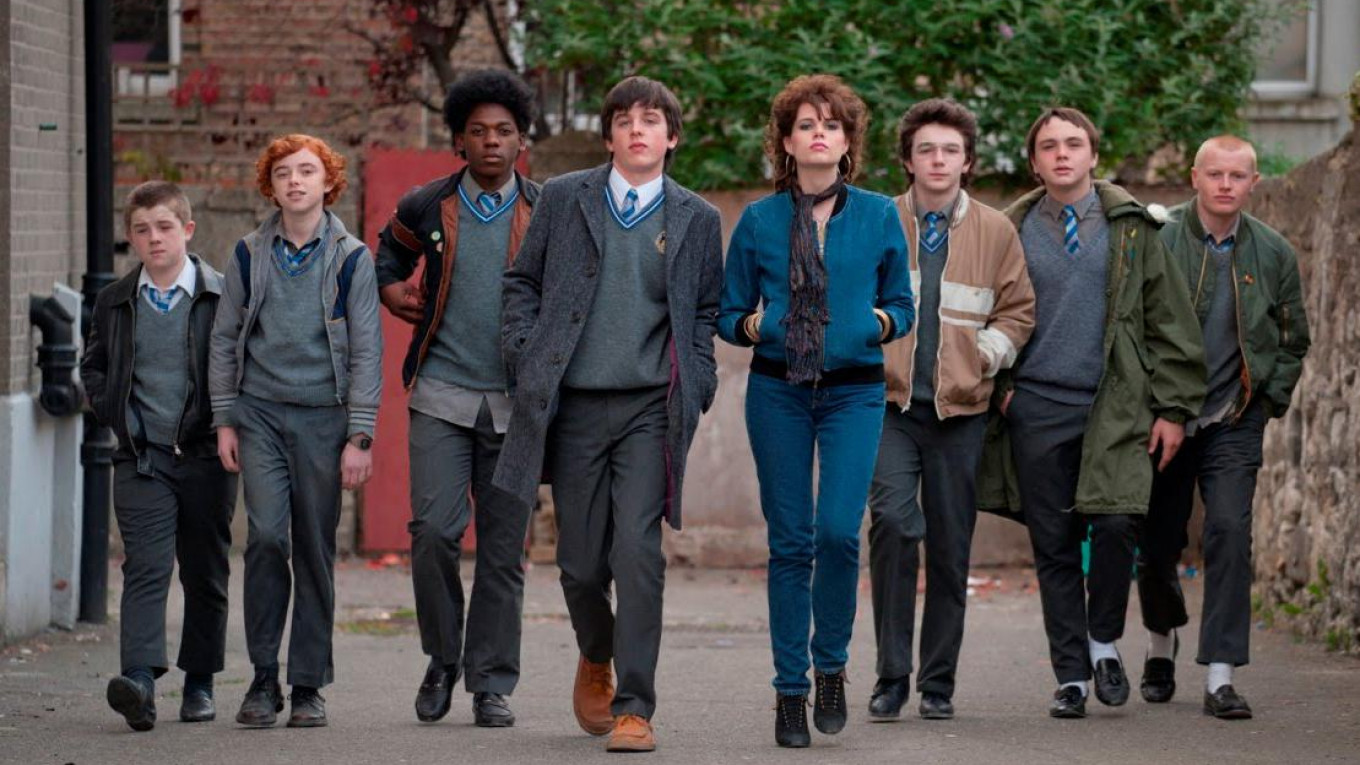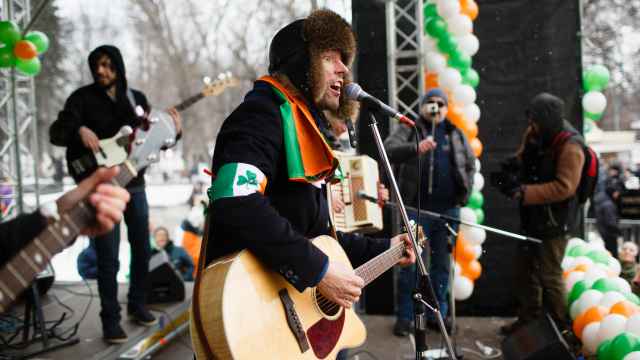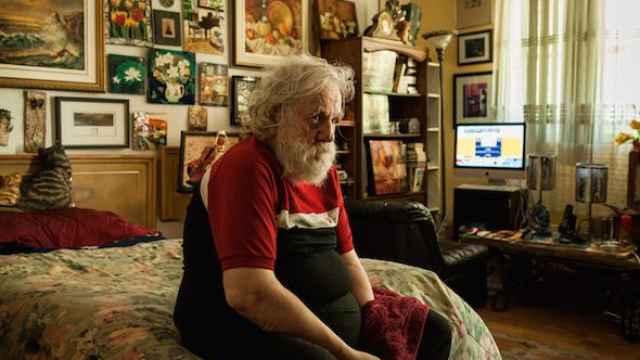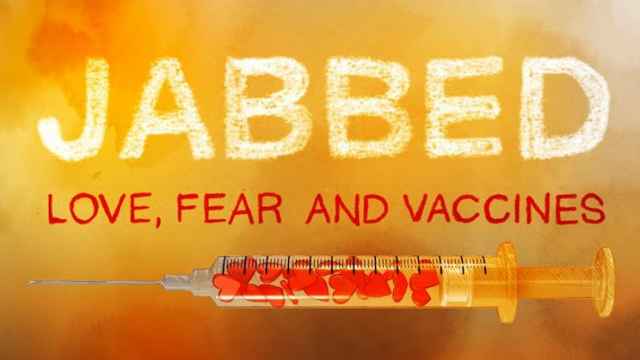Russians may have taken to celebrating St. Patrick's Day over the last few years with zeal, but at first glance it is not always easy to see what two such different nations as Russia and Ireland have in common beyond their stereotypical fondness for a little tipple.
But the reception given to musical comedy “Sing Street” at the opening of the 10th edition of Moscow’s Irish Film Festival this week served to remind once again that Russian audiences have a deep appreciation for the wit and emotional depth at the heart of so much of the music, literature and cinema of the Emerald Isle.
As the final credits rolled on John Carney's 2016 coming-of-age tale of a Dublin teenager who forms a band in order to win the heart of the girl he is infatuated with, large sections of the audience rose to give the picture a standing ovation, with whoops and cheers echoing around the auditorium.
Gerard Michael MacCarthy, cofounder of the Irish Film Festival, says that the charm of the film, which was nominated for a Golden Globe award, lies in the way it captures the atmosphere of the Dublin of the 1980s, a time he remembers well from his youth.
“We all wanted to be in Duran Duran, The Cure, Depeche Mode, The Police, The Clash,” MacCarthy told The Moscow Times,” referring to the film’s musical touchstones and the source of inspiration for its young heroes.
Over
the next week Moscow residents and visitors will be able to enjoy a selection of films carefully selected
by MacCarthy and his team to represent the best of contemporary Irish cinema. Besides “Sing Street,” viewers
can look forward to several Russian premieres, including an exploration of awkward youth and fragmented family in "South," and an unlikely boarding-school friendship that comes under pressure from the authorities in "Handsome Devil," as well as two programs of shorts.
Meanwhile, “The Siege of Jadotville,” Ireland’s most expensive film of 2016, tells the story of Irish peacekeepers under attack from mercenaries in Congo in 1961 during a UN intervention in the African nation.
And then there is Rachael Moriarty and Peter Murphy’s satirical “Traders,” which some have described as the “Irish ‘Fight Club’.” In this black thriller, financial traders who have lost their livelihoods following Ireland's economic crash in the late 2000s place all their worldly assets on the line – including their lives – in a gory scheme to escape ruin.
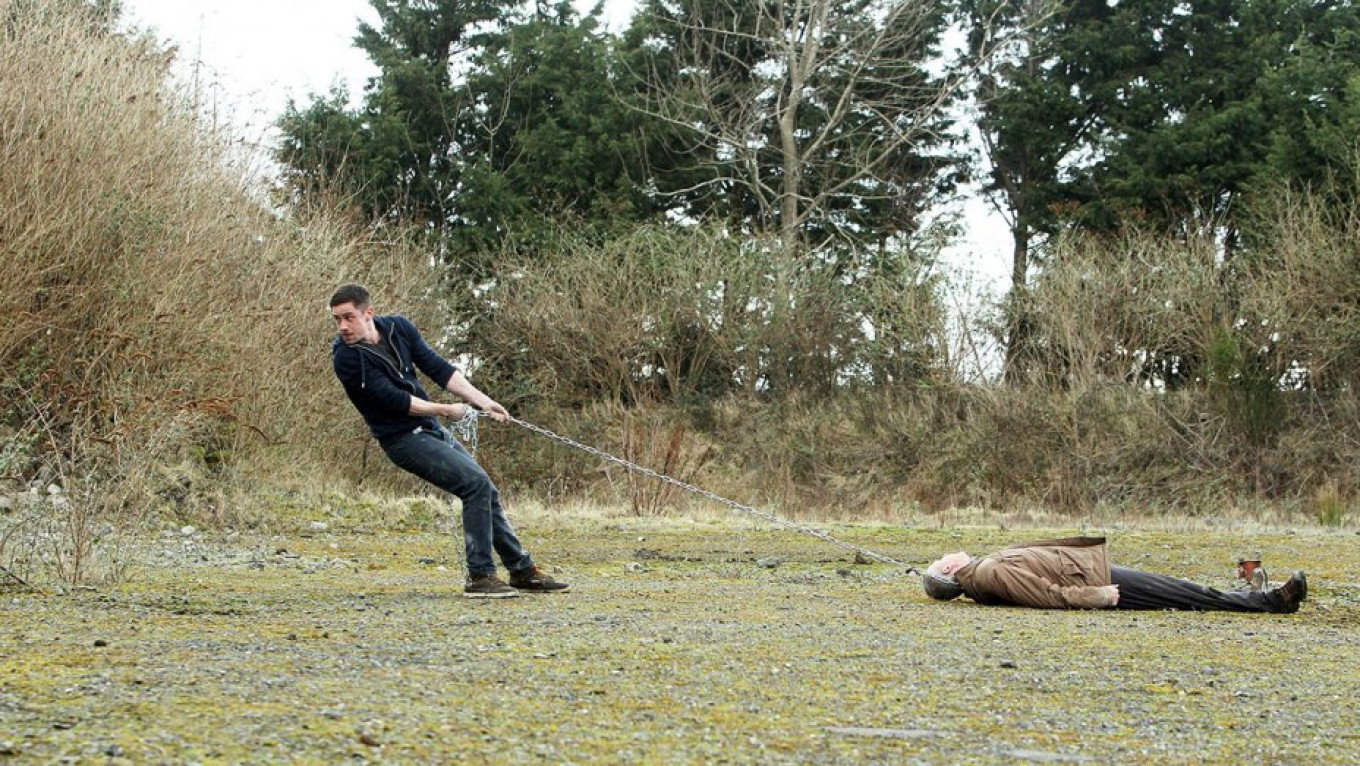
In comments made for The Moscow Times, Moriarty said that she was very interested to see how a Russian audience would engage with “the exploration of the extreme things people do in economic desperation” and that she hoped the dark humor would strike a chord.
“When I was a teenager I read ‘The Overcoat’ by Gogol, and (like so many) loved the genius comedy, black and absurd and twisted,” said Moriarty. “Humor can be one of those things that doesn’t always travel well between cultures but we're hoping that our attempt at an absurdist premise will be enjoyable for a Russian audience.”
"Traders" had its Moscow premiere on Saturday, but will be screened again on March 23 and March 25. All of the movies running as part of the festival are shown at least twice, so there is time to catch up if you miss one.
If there is a distinct thread running through most of this year’s selection of films, it is what MacCarthy describes as a focus on “a society that is still recovering from the economic collapse we only really overcame in the last 3-5 years.”
“There's a lot of anger at social inequality and injustice expressed in different ways, but there's also the very strong presence of humor and optimism in dealing with, and conquering the darkest of emotions, that has been an Irish trait for centuries,” he says.
The Irish Film Festival is marking its 10th anniversary, and as MacCarthy has pointed out, it has come a long way from relatively humble beginnings. For the last five years the festival has been part of Irish Week, a way of uniting under one umbrella a range of other events taking place in the city to mark St. Patrick's Day, from concerts to parades.
How has the Irish Film Festival changed since its inception? MacCarthy explains that the organizers have chiefly had to adapt to Moscow's growth as a cultural center in recent years: "There is so much more to do in Moscow than there was then for anyone who is culturally thirsty," he says. "So we now have to market not just a festival, but each individual movie."
“When we started we wanted to bring Irish film - and the version of Irish culture, and Ireland, that Irish cinema captures - closer to a Russian audience. We felt strongly that there was an aspect of 'us' that wasn't represented here at all, and interesting creative voices not getting heard."
MacCarthy is proud of the films on show at this year's festival, which he says prove the depth of Irish writing, directing, and acting talent: "Clearly our filmmakers, despite ever decreasing subsidies, are thinking more about cinema, and less about film."
The Irish Film Festival runs until March 26. Details of screenings can be found on the official website of Irish Week: http://irishweek.ru/film/?lang=en
A Message from The Moscow Times:
Dear readers,
We are facing unprecedented challenges. Russia's Prosecutor General's Office has designated The Moscow Times as an "undesirable" organization, criminalizing our work and putting our staff at risk of prosecution. This follows our earlier unjust labeling as a "foreign agent."
These actions are direct attempts to silence independent journalism in Russia. The authorities claim our work "discredits the decisions of the Russian leadership." We see things differently: we strive to provide accurate, unbiased reporting on Russia.
We, the journalists of The Moscow Times, refuse to be silenced. But to continue our work, we need your help.
Your support, no matter how small, makes a world of difference. If you can, please support us monthly starting from just $2. It's quick to set up, and every contribution makes a significant impact.
By supporting The Moscow Times, you're defending open, independent journalism in the face of repression. Thank you for standing with us.
Remind me later.


